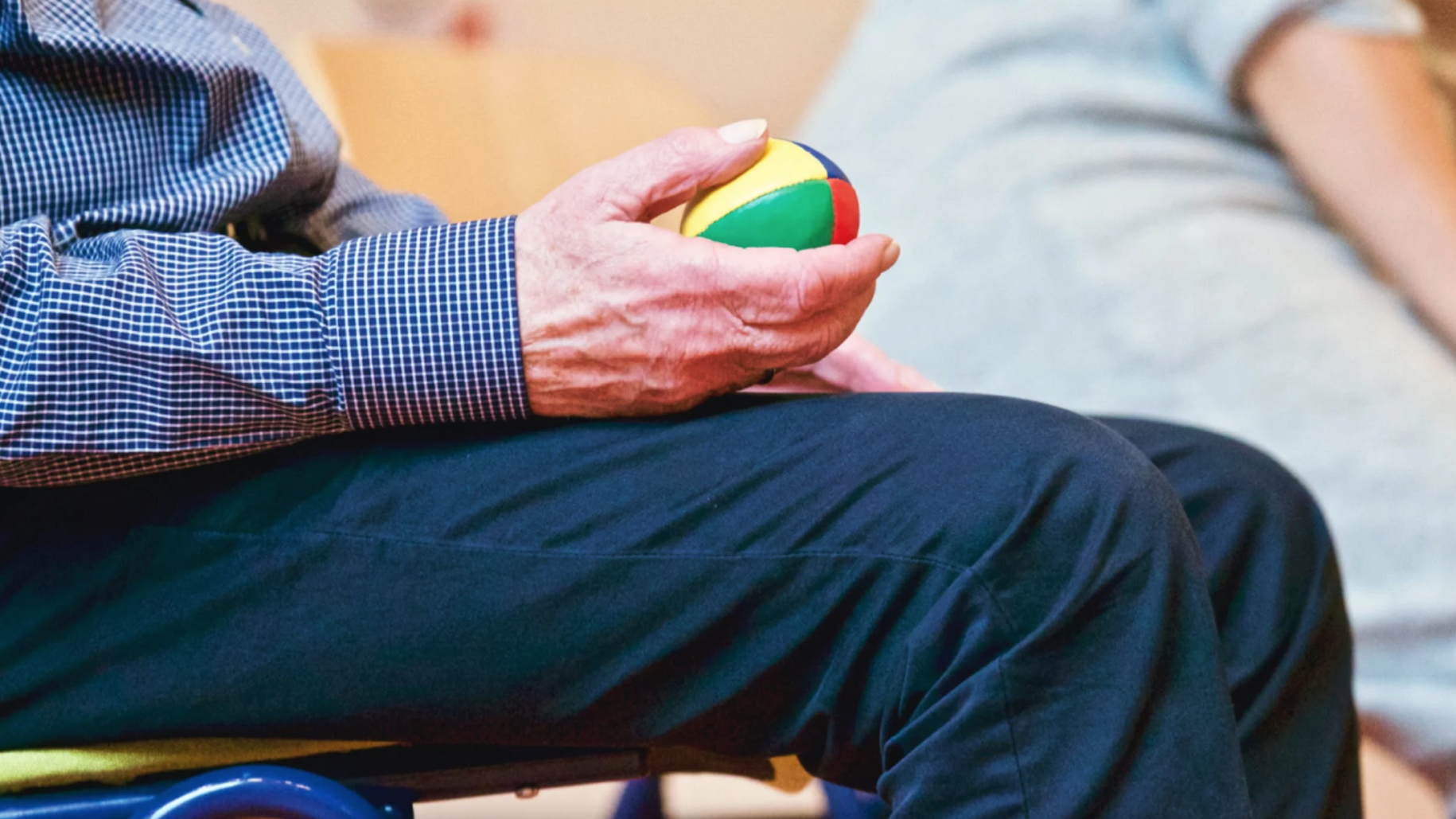Brain Tumor Surgical Recovery

Brain tumor surgery is a surgical procedure to remove a tumor or part of a tumor in or around the brain. Although brain tumor treatment without surgery is possible, in many cases surgery provides the best opportunity for positive outcomes, relieving symptoms, and improving the life span of the patient. It’s unlikely for a brain tumor to go away without surgery; rather, tumors will continue to grow and can cause worsening symptoms over time. So when facing brain tumor surgery, it’s helpful to not only understand the actual surgical procedure involved but also what to expect afterward.
The recovery period after brain tumor surgery can look different for each patient because it’s determined by type of brain tumor, your overall health, and the type of surgery. Immediately after surgery, patients are monitored closely in a hospital recovery unit. When discharged, they will need to take time to rest and recover at home. They will need to avoid strenuous activity and follow their doctors’ instructions regarding any medications or treatments. Follow-up treatments, such as radiation and chemotherapy, may be recommended, if the tumor is more aggressive. Plus, rehabilitation, such as physical therapy or speech therapy, may be needed to help regain any lost function or skills. Proper care and support during recovery improves outcomes after brain tumor surgery.
Postoperative Recovery Period
Your recovery plan will be focused on your specific needs after brain surgery. The length of the recovery period depends in part on the type of surgery. For example, more invasive surgical procedures, such as craniotomy, require longer recovery periods compared with less invasive treatments like radiation therapy.
In addition to recovery from the actual surgery, specialized neurorehabilitation, such as physical, speech, and occupational therapy, can help provide you with the best recovery after brain tumor surgery. Rehabilitation plays an important role in the recovery process not only by improving your quality of life but also by impacting how long you can live productively after brain tumor surgery. Physical and occupation therapists can help you to regain strength, mobility, and independence by practicing carrying out activities of daily living. You may find certain tasks like combing your hair or buttoning a shirt require more focus and effort after surgery. This specialized therapy allows you to practice skills you may need extra help with.
Tumor type and surgical procedure can influence recovery. Table 1 outlines the average recovery time for 3 common brain tumors: pituitary tumors, meningiomas, and acoustic neuromas.
| Brain Tumor Type | Recovery Time |
| Pituitary Tumor |
|
| Meningioma |
|
| Acoustic Neuroma |
|
Risks and Side Effects Associated with Surgical Treatment
There are risks and side effects of brain tumor surgery, including infection, bleeding, and damage to surrounding healthy brain tissue. Additional risks depend on the location of your brain tumor and surrounding structures that are at risk. Side effects can be broken down into short term (those experienced immediately after surgery) and long term (those that continue after some time has passed since surgery):
Why should you have your surgery with Dr. Cohen?
Dr. Cohen
- 7,000+ specialized surgeries performed by your chosen surgeon
- More personalized care
- Extensive experience = higher success rate and quicker recovery times
Major Health Centers
- No control over choosing the surgeon caring for you
- One-size-fits-all care
- Less specialization
For more reasons, please click here.
Short Term
- Difficulty speaking
- Confusion
- Dizziness
- Brain swelling
- Difficulty walking
- Headaches
Long Term
- Behavioral changes
- Weakness in arms and legs
- Visual changes
- Memory loss
- Difficulties with speech
Physical Rehabilitation After Brain Tumor Surgery
After surgery, you will be monitored closely to avoid complications and encourage the transition to life outside of the hospital. Physical and occupational therapists will help determine when you can safely go home. Ideally, you should be able to demonstrate that you can care for yourself or have someone available to help at home before leaving the hospital.
Rehabilitation is an important part of the recovery process after brain tumor surgery. Table 2 summarizes the different types of physical rehabilitation offered.
| Type of Rehabilitation | Why It Helps |
| Physical Therapy | Helps strengthen and regain motor skills like getting up and down from bed, standing, and walking. |
|
Occupational Therapy |
Helps with performing activities of daily living like dressing, brushing teeth and hair, eating. |
| Speech Therapy |
Helps retrain muscles involved in speaking and swallowing to function properly again. |
Cognitive and Behavioral Rehabilitation After Brain Tumor Surgery
After brain tumor surgery, you may experience emotional or cognitive changes. Behavioral changes can create additional stress for you and your family. Cognitive rehabilitation can help improve memory, attention, and problem-solving skills, and counseling or psychotherapy will address emotional issues. Table 3 shows potential cognitive issues and behavioral symptoms that may occur after brain tumor surgery.
| Type of Cognitive Problem | What It Causes |
| Attention and Information Processing |
|
| Executive Functioning Problems |
|
| Mood and Emotions |
|
The right team to guide your care will help make your recovery from brain tumor surgery as smooth as possible. A group of specialized medical professionals, including physical therapists, occupational therapists, and speech therapists, are a valuable part of the neurosurgical care team. Their efforts will help to ensure a safe transition from the inpatient hospital setting to outpatient rehabilitation or even better – home.
Key Takeaways
- The recovery period after brain tumor surgery can look different for each patient because it’s determined by type of brain tumor, your overall health, and the type of surgery performed.
- Immediately after surgery, you will be monitored closely in a hospital recovery unit. After discharge, you may be moved to a rehabilitation facility for additional care and support.
- Brain tumor surgery has possible risks and short- and long-term side effects that may need to be treated during your recovery.
- Physical, cognitive, and behavioral rehabilitation will help you to achieve the best possible outcomes after brain tumor surgery.
Resources
- National Brain Tumor Society
- American Brain Tumor Association
- Brain Tumor Foundation
- Children’s Brain Tumor Foundation
- Pediatric Brain Tumor Foundation


